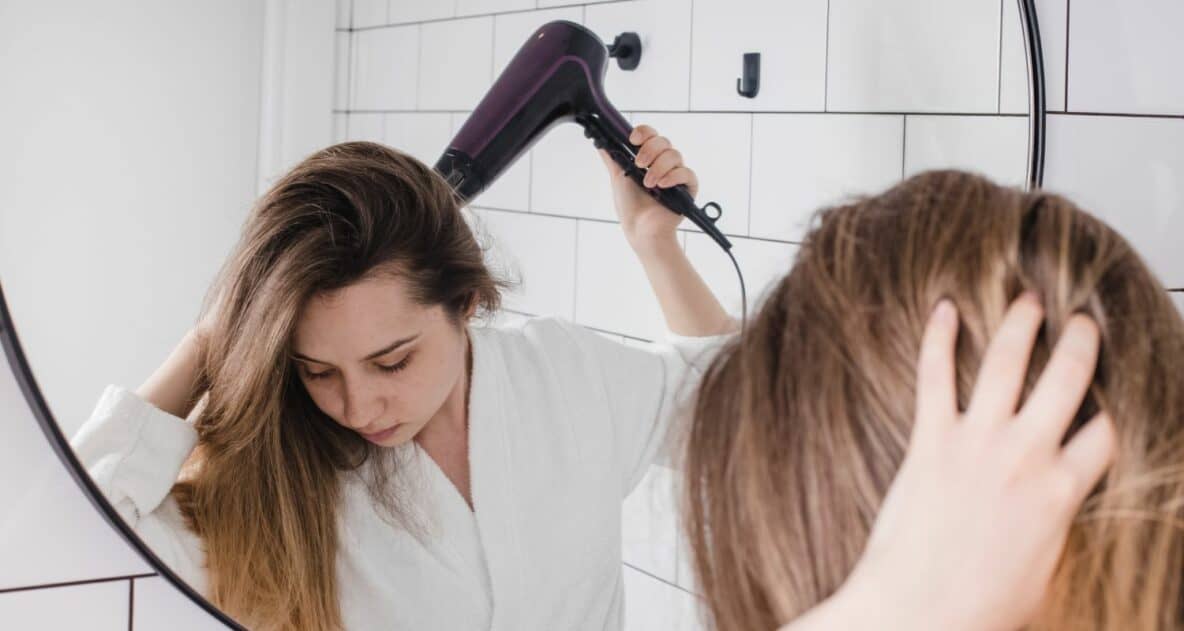As you walk out the door to mow your lawn, when was the last time you brought along hearing protection? If you answered ‘never,’ you aren’t alone. Most people don’t wear hearing protection when operating loud equipment unless they are mandated to do so through their jobs.
While exposure to very loud sounds every now and again is fine, using your best judgment around noisy sound environments to protect your hearing could save you from dealing with hearing loss later in life.
Types of Hearing Loss
There are two types of hearing loss. In some cases, hearing is obstructed because of a physical impediment to sound traveling through the ear canal. We call this conductive hearing loss and the most common cause is a buildup of earwax. In these cases, your physician or audiologist can remove the blockage and hearing will return to normal.
Other types of hearing loss are called sensorineural, which means the problem lies with the ear itself. This type of hearing loss is irreversible and progressive, which means that it gets worse over time. The most common causes are aging and exposure to excessive noise, both of which damage the delicate and sensitive hair cells of the inner ear. These cells are responsible for receiving sound and turning it into electrical impulses which are sent as sound information to the brain. When these cells die, they don’t repair themselves or reproduce. Instead, we are left with less receptors of noise from the external world and the result is that we hear less.
How excessive noise can harm your hearing
Our ears evolved to work over thousands of years in which loud sounds were much more infrequent than today’s world. Since the industrial revolution, with heavy machinery and amplification abilities, we’ve cranked up the volume of life.
When you are in situations that leave your ears ringing or if you have to shout to be heard by someone at an arm’s length, you are in a dangerous noise environment.
While noise can harm your hearing instantaneously in an extremely loud event, like an accident, what’s more insidious is sounds above the threshold that do not do immediate damage. If we are exposed to these volumes often and over a long period of time, our hearing will slowly get worse and we might not even notice.
How loud is too loud?
We measure sound in decibels. For context, normal conversation is typically around 60 to 65 decibels. Leaves rustling measure about 20 decibels. Our ears are a marvelous tool because with healthy hearing, we are able to hear both a whisper and a shout.
However, noises above 85 decibels carry risk. Experts advise exposure to noise over 85 decibels to be kept to a minimum duration of eight hours. After eight hours of exposure, such as a shift at a busy restaurant, your hearing might be impacted. As volumes rise, the window of safety quickly closes. You should only be exposed to 90+ decibels for two hours, 100+ decibels for fifteen minutes and 120+ decibels for a few short minutes.
Everyday sounds that carry risk
How often are you exposed to risky volumes? The answer may surprise you!
Hairdryer – 80 to 90 decibels
Lawnmower or leafblower – 90+ decibels
Power tools – 100+
Ambulance or fire truck – 110 to 120 decibels
Recreational activities that could harm your hearing
When we think about noise-induced hearing loss, we often imagine a person who works for decades at a loud factory. But the truth is that we often pay to put our ears in danger! Many recreational activities that Americans enjoy are potentially risky listening environments.
Movie theaters (even children’s films), concerts and sporting events are all situations in which noise regularly exceeds 100 decibels. Moreover, many of us walk around with expensive earbuds and headphones capable of inflicting a lot of damage to our ears. Most are equipped to exceed 100 decibels at max volume and we wear them for increasingly significant portions of our day.
Prioritize your hearing health
You can protect your hearing by monitoring your listening environment. Pay attention to how your ears feel when you’re in loud places. If they are ringing or you experience any pain or muffled hearing, give yourself a quiet break.
You can actively track your listening habits on your smartphone. Iphones give you the average decibel output of your audio in the Health app. Some apps even turn your phone into a decibel reader so you can check to see if it’s doing damage to your ears.
Prioritize your hearing health by scheduling regular hearing exams. Outside of your elementary school days, Americans rarely have their hearing checked. Our team of hearing health professionals can lead you through a simple hearing exam and strategize your best possible hearing future.

